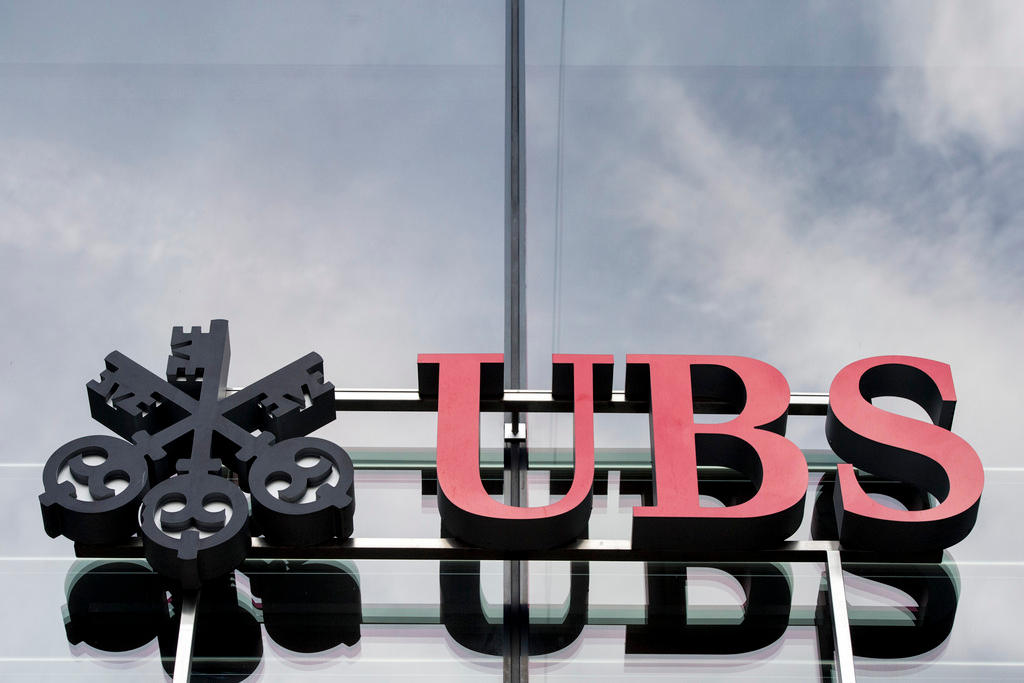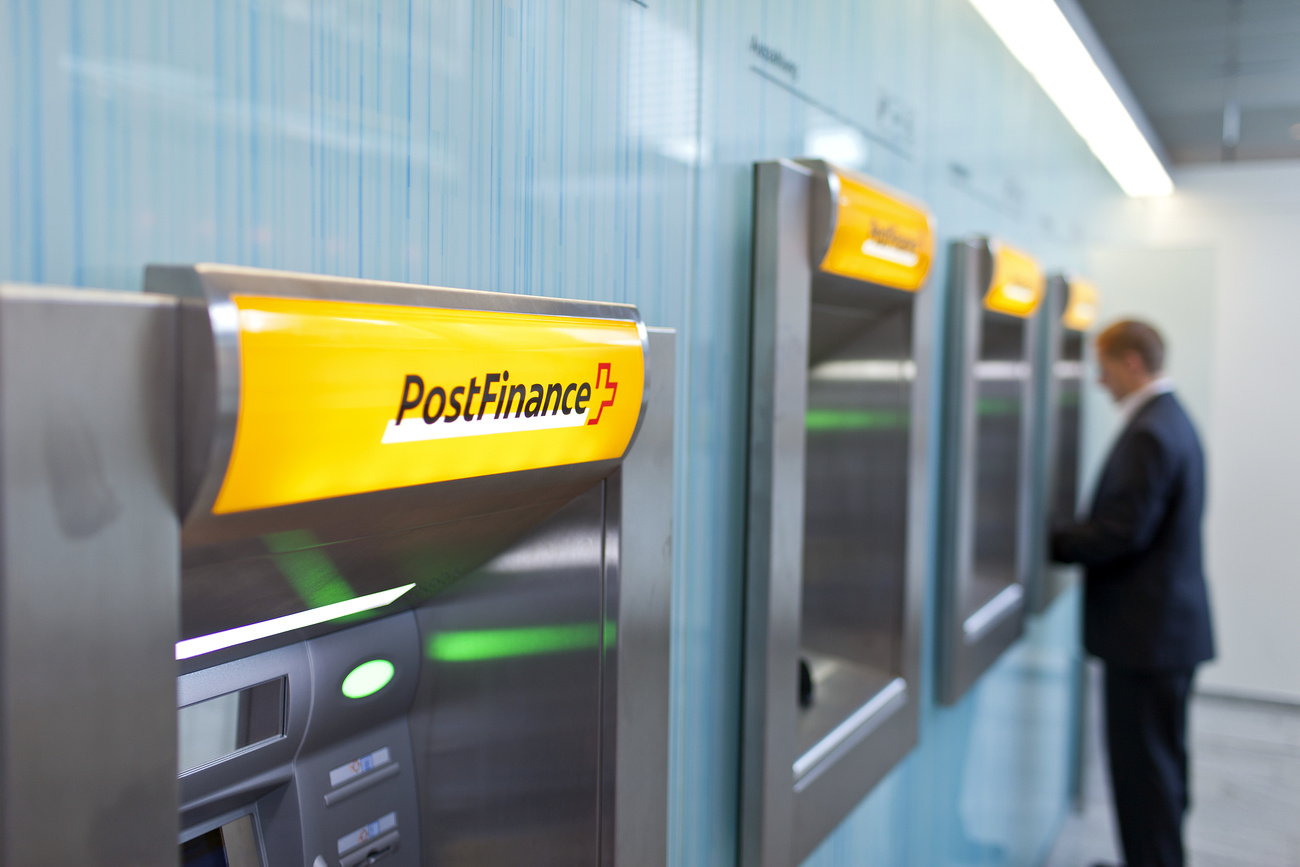Pacifist group wants to stop Swiss profiting from war

The Group for a Switzerland Without an Army (GSoA) has announced it will launch an initiative to stop Swiss-based financial entities from investing in war materials.
At its general assembly in Solothurn in north-western Switzerland on Saturday, the group declared its intention to put an end to Switzerland’s role in financing international weapons manufacturers.
The group intends to launch its initiative in the spring of 2017 making use of Switzerland’s system of direct democracy. People’s initiatives must be signed by at least 100,000 citizens within an 18-month period in order to be considered for a vote at the national level. This summer the group also plans on launching local campaigns in several Swiss cities.
According to GSoA, the Swiss National Bank has invested around CHF600 million ($629.3 million) in producers of nuclear weapons while banks like UBS and Credit Suisse funnelled CHF6.5 billion to the nuclear weapons industry in 2015 alone. The group also accuses Swiss pensions firms of investing CHF8 billion in the defence industry.
GSoA demonstration in Solothurn
External linkL'AG du GSsA décidé à la majorité de lancer une initiative fédérale et des initiatives communales contre le financement du matériel de guerre! #GSsA #initiative #Soleure
Posted by Gssa Suisse Sans ArméeExternal link on Saturday, 9 April 2016
Investment increasing
A reportExternal link published by advocacy groups PAX and ICAN in November 2015 claimed that Swiss investment in nuclear weapons producers increased in 2015 compared with the year before. It flagged up UBS and Credit Suisse, as well as two leading private bankers, Pictet and Edmond de Rothschild.
Their investments rose to $6.6 billion in the 2015 report, which said UBS provided financing of $5.1 billion; Credit Suisse, $1.41 billion; Edmond de Rothschild, $50 million; and Pictet, $43 million.
That’s up from the $5.2 billion in the 2014 report, which reflects investments since January 2011.
While investments appear to have increased, the number of Swiss banks involved dropped from seven in 2014 to four in 2015.

In compliance with the JTI standards
More: SWI swissinfo.ch certified by the Journalism Trust Initiative











You can find an overview of ongoing debates with our journalists here . Please join us!
If you want to start a conversation about a topic raised in this article or want to report factual errors, email us at english@swissinfo.ch.